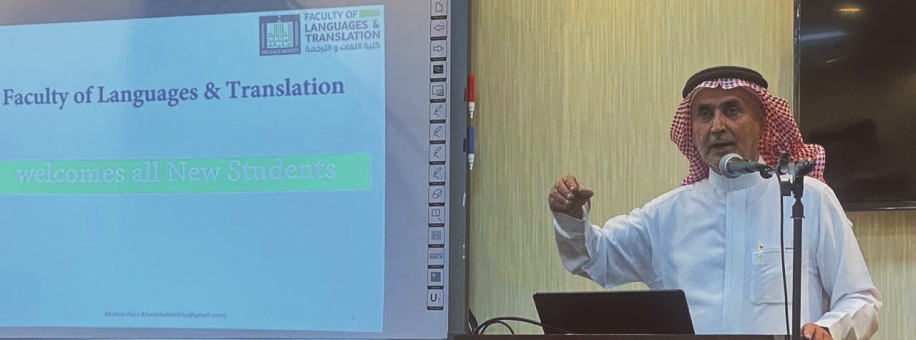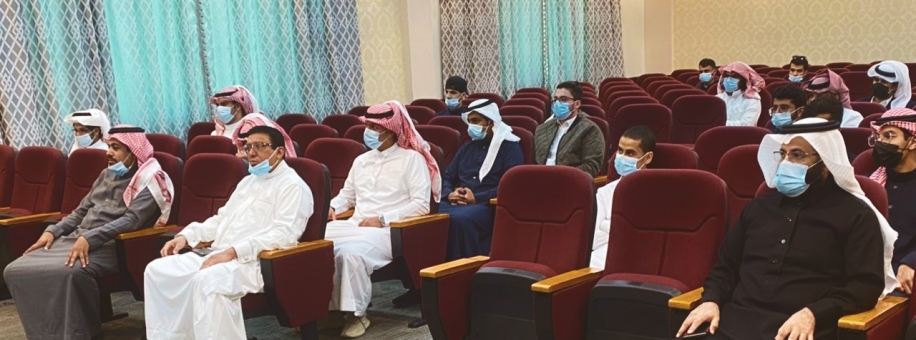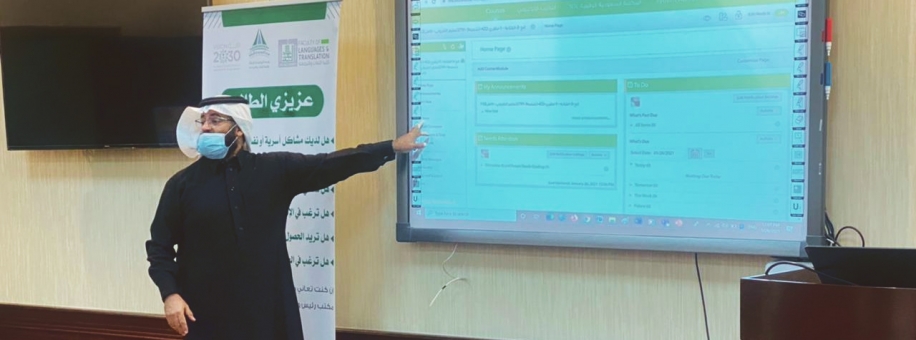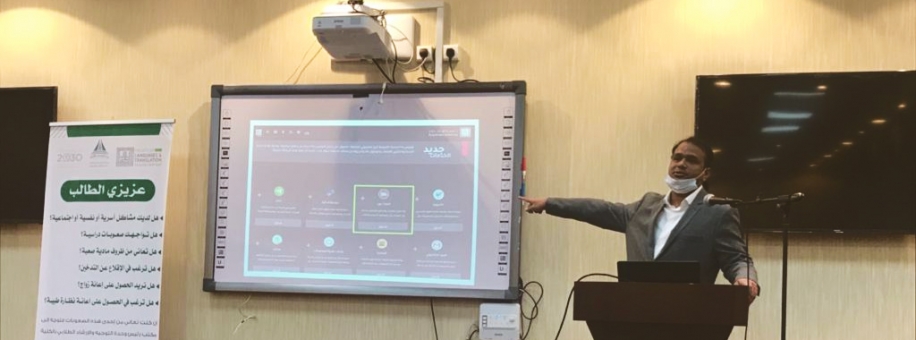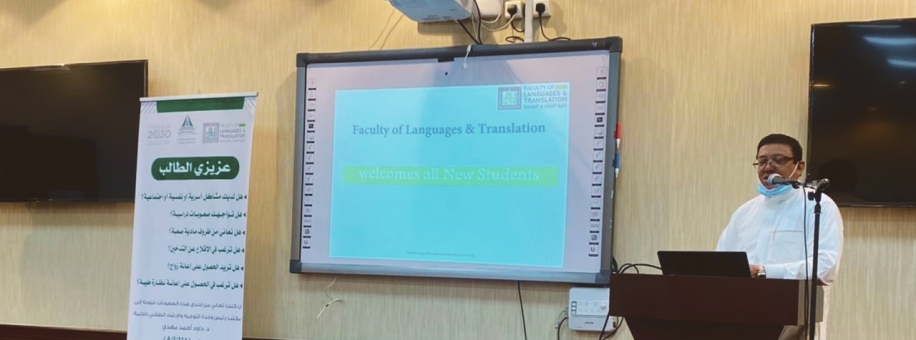21st Century Teaching and the Global Scale of English
At a webinar organized by the Language Research Center on February 24, 2021, Ms. Arshi Khatoon presented her topic: 21st Century Teaching and the Global Scale of English. She put emphasis on the dynamics of the most modern concepts of learning and teaching and its proper implementation to have better learning outcomes.
Ms. Khatoon, first, stated the fact that in this global and interconnected world, all learners need new skills and knowledge to be successful in their lives. 21st-century skills are essential for the fulfillment of such success, she added. She quoted David Nunan, "The Global Scale of English represents the most significant advance in performance-based approaches to language learning, teaching and assessment since the development of the Common European Framework of Reference".
Teachers, Ms. Khatoon, said, can use the global scale of English to guide their students properly. The teachers first ask themselves how good their English is, whether they are progressing and what they need to do next. To answer these questions, both teachers and students need to follow the steps of the English learning ecosystem. A teacher should know a clear definition of a particular level of proficiency, alignment between the learning materials and the 'levels' of definitions, and have tacit knowledge of assessment tests designed to profile learners' proficiency across the four basic skills. The Global Scale of English, Ms. Khatoon explained, is an accurate, standardized scale that measures English language proficiency. Unlike other frameworks, this particular scale identifies what a learner can do at each point on the scale across the four skills. The purpose of the scale, she said, is designed to motivate learners.
She focused on Learning and Innovation Skills that comprise 4Cs – Critical thinking, communication, collaboration and creativity. These skills help students thrive in their working lives. These 4Cs help students have opportunities in advance to develop basic skills or foundation knowledge. They also ensure that students have proper academic, social-emotional, and workforce skills to be successful.
The key elements of 21st-century learning help students prepare for their future jobs independently. She, therefore, emphasized that lessons should be designed according to the 21st-century theme.
Ms. Khatoon concluded that students need the ability to think critically and creatively, collaborate with others and communicate clearly.
The webinar was a great success with active participation from students and faculty members of the undergraduate, graduate, and postgraduate programs.
Date: 2-25-2021
Source: Mohammad Adil Siddique

